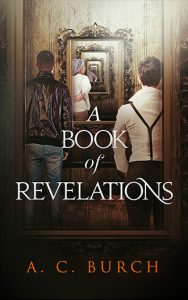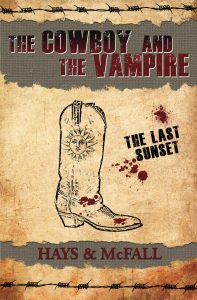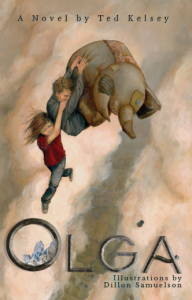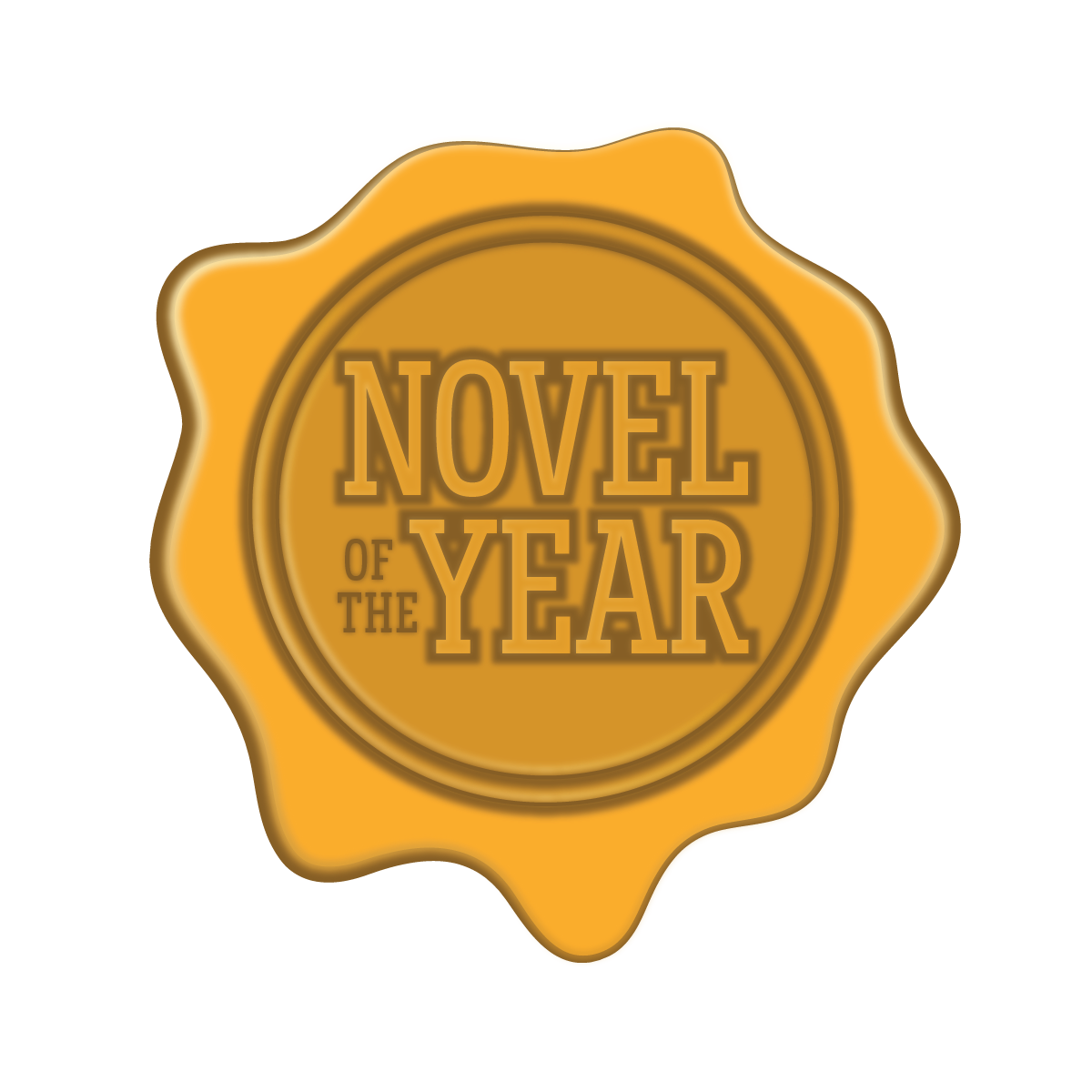The Rundown
The Recommendation
The Rating
The Links
The Reviewer
Renee Miller
Visit Renee Miller‘s website.“Get it down. Take chances. It may be bad, but it's the only way you can do anything good.”― William Faulkner
For a very long time, I’ve debated with myself as I write. First, I tell myself to forget the reader, but then a voice in my head argues, “Who are you writing for then, if not the reader?” and I feel bad. So I start writing with the reader in mind. And then I stall. Then I go over what’s there and tweak and tighten, and then I stall again, and I end up hating the process.
We’re told repeatedly that we should NOT forget the reader. The whole point of writing fiction is to be read, for crying out loud. We have to make sure whoever is seeing our words is happy and satisfied and not wondering what the hell we’re talking about. We should NEVER forget the reader.
I’m here to tell you, that’s terrible advice for a first draft. We should forget the reader for a while, because it’s not all about her all the time. Go on. Put her out of your mind. Just for a bit. Not forever. Just...
Okay, I can see you’re having some trouble with this, so let’s take a few steps back for a second.
I sometimes go on binges where I write 10,000 or more words in a single day. Those are stellar days, mind you. Often, it’s more like 5,000 to 8,000 words. The most common response I get is “Fuck you.” And the second most common response is “How do you get these insane numbers?” I type fast. Really fast. It’s kind of impressive actually. I also don’t think about anyone’s opinion but mine during the first draft phase of my writing.
The BEST piece of advice I’ve ever gotten is to avoid thinking about the reader until it’s time to edit. When you write a first draft, or explore a new idea with the reader in the front of your mind, you miss several important things, because the reader is in the way. For me, thinking about the reader makes me fearful. Will he hate this? Of course he will. It’s stupid. It’s ridiculous. God, that’s terrible. So I pause. I might even outline. (Yuck) I hate myself. I hate the book. I hate the reader. I hate everyone. Going to watch Netflix until I pass out.
Fear slaughters creativity. Don’t give into it.
Worrying about the reader in the tender stage of rough draft can make you second guess ideas, characters, events, and other tidbits that are perfectly awesome. You might decide not to include this or that, because it’s not something you “think” a reader would like. You might include something that you “think” a reader needs, that he actually does not.
You might overwrite. You might underwrite. You might not write at all. When you forget the reader for that part of the process, you simply write what needs to be written. Sure, not all of it will be worth keeping, but the bits that are will shine so damn bright, you’ll find you’re barely able to look at it without tearing up. God, that’s good shit right there.
Okay, so maybe I’m being a little dramatic. I can do that now and then. My point is when you write like nobody will ever read your words, you unlock something most of us don’t realize is in us. Let’s call it talent. Or, if you aren’t actually talented, then at the very least you unlock the joy that allows you to embrace the creative process, which I think is an important part of good writing.
When you write like nobody’s ever going to read what’s on those pages, it sets your muse free. Lights a fire under her sluggish ass. Makes her talk dirty to you. Oh, it’s so sexy when a muse speaks. Good stuff. You there in the corner, get a room.
In a way, you’re actually doing the reader a favor by forgetting she exists.
Write for yourself first. I know, it’s selfish. It really is. Who cares? It’s just the rough draft. Get the bones of what you’ll publish down first, and THEN you can worry about thinning out the crap and making something the reader will love too.
Don’t believe me? Pick up a copy of On Writing, by Stephen King. No, seriously. You should. Even if you believe me. Anyway, in this book, he says something that has helped me immensely in my writing process:
“Write with the door closed, rewrite with the door open.” – Stephen King
He means keep all the outside shit OUTSIDE the first time around. Once it’s all on the page and the beautiful disaster we call rough draft is finished, open the door and let the reader in. You can always fix a page of shitty writing. You can’t do much if there’s nothing written at all.
So, I challenge you, fellow writers, to gently push the reader outside the next time you sit down with your words, lock the door, and just write. She’s going to cry about it. Maybe pound on the door for an hour or two. Threaten suicide, homicide, maybe make some mournful noises. But she’ll shut up eventually and you’ll be free to go wherever that sexy brain takes you.
You can let the reader in and embrace her, tell her you’re sorry, buy her flowers, and whatever, when you begin editing. Now go on. Try it.









